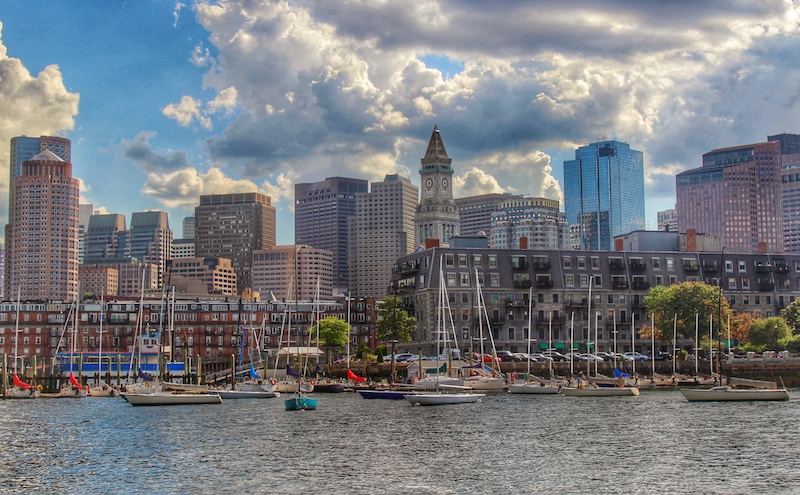If you've ever been to a concert, sporting event, or even to a downtown area in the middle of the day, you understand how frustrating parking can be. You have to pay through the nose just to get a chance to park your vehicle in the same zip code as your destination, but for commercial real estate owners, the situation is a goldmine. Parking lots in urban centers or near large venues offer a chance at a passive revenue stream that requires very little work on your part after the initial purchase. Getting started is easier than you might think.
Location Scouting
The most important aspect of a commercial parking property is the location. The closer you are to a destination people want to go to, the more successful your lot will be. Your first lot does not have to be very big; as few as a dozen vehicles parked at your hourly rate should make you a nice sum each day. The second factor you have to look at is traffic flow in and around the lot. If there are no cars passing a lot, your pool of potential customers is going to be very small. Traffic patterns are not something that you can change, so avoid lots that are hard to access or that have limited exits. Finally, look at what's around the lot. Retail locations tend to attract drivers who will stay for only an hour or so, greatly increasing the number of vehicles that may use a spot each day. On the other hand, hospitals attract drivers that will park for several hours at a time, decreasing availability, but providing a more steady income stream.
Daily Expenses
A commercial parking lot is unique in that you do not have to pay a fortune every month to keep it operating. For the most part, all that you need is someone to look over the lot and to make sure that drivers pay when they park. This person also needs to keep an eye on the vehicles so your lot doesn't get a reputation as a place that is unsafe. There are a couple of ways to handle this. First, you can hire someone yourself and become an employer, but that means taxes, paperwork, and staffing issues are your problem. The second approach, leasing the lot to a subcontractor, is a better option in almost every situation. The subcontractor will be in charge of handling all of the staffing issues, and all you have to do is collect your money each month. The downside to this solution is that you only generate money through rent and not through the cars parking on the lot, meaning you could be leaving a lot of money on the table.
Special Events
The big money is not from the day-to-day operations of a parking lot, but from the special event's revenue, that lot can generate. Concert goers and sports fans are used to paying upwards of $50 just to park, dwarfing what you could expect to make on a normal day. This is the reason why location scouting is so important: you want to be close enough to major events that people will need to use your lot to park. Being further away from the venue doesn't have to be a bad thing though. If you hire a shuttle service to bring people to and from the venue throughout the event, your parking lot suddenly becomes a park and ride location. Many people prefer these lots that are further out, as they make it easier to leave the event when it's over. You'll need to stay on top of the local event calendar and make sure that you have plenty of staff on hand to collect the money, but if you do, you can make a month's worth of income in a single night.
Commercial parking lots are a fantastic point of entry into the world of commercial real estate investment. The low barrier to entry and minimal maintenance costs make parking lots ideal investments even if you have little investment capital to start with.

